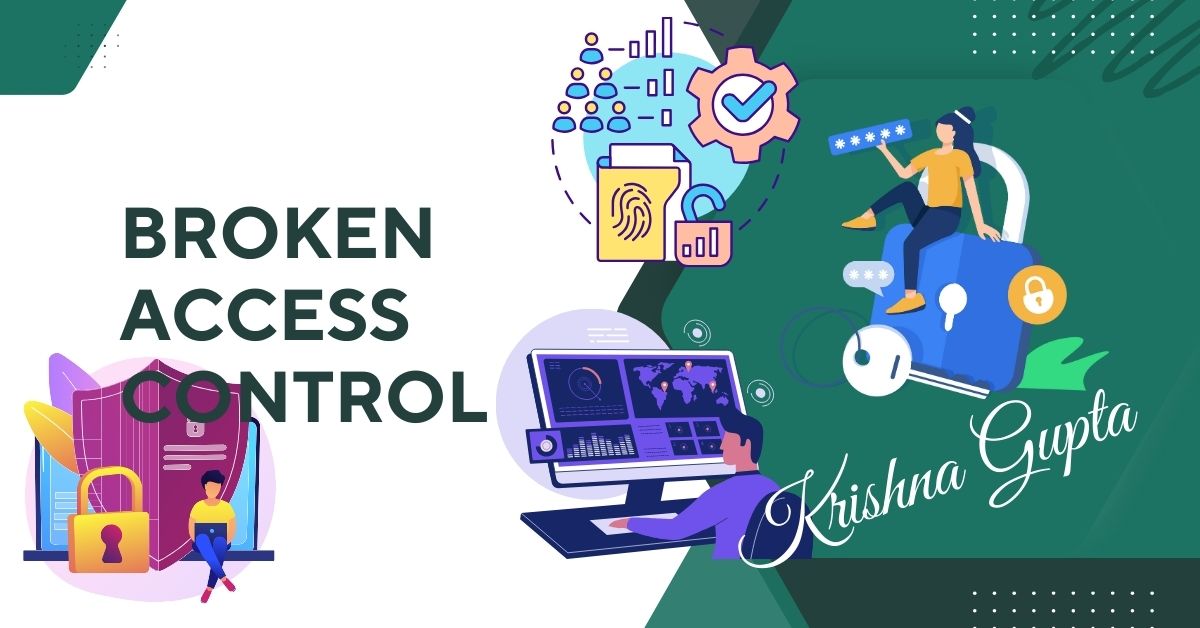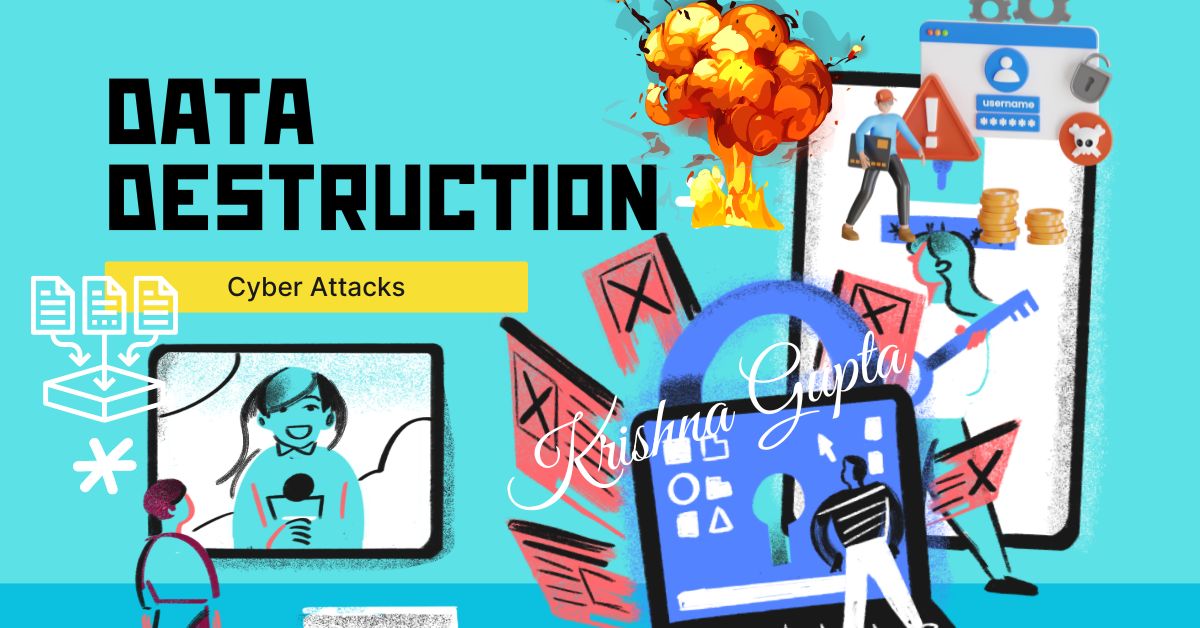Broken Access Control: A Silent Threat to Your Business
Access control is the process of defining who can access what resources and under what conditions. When these controls are not properly implemented or enforced, it leads to Broken Access Control. This vulnerability allows unauthorised individuals to access sensitive data, modify critical systems, or even take complete control of the infrastructure.




